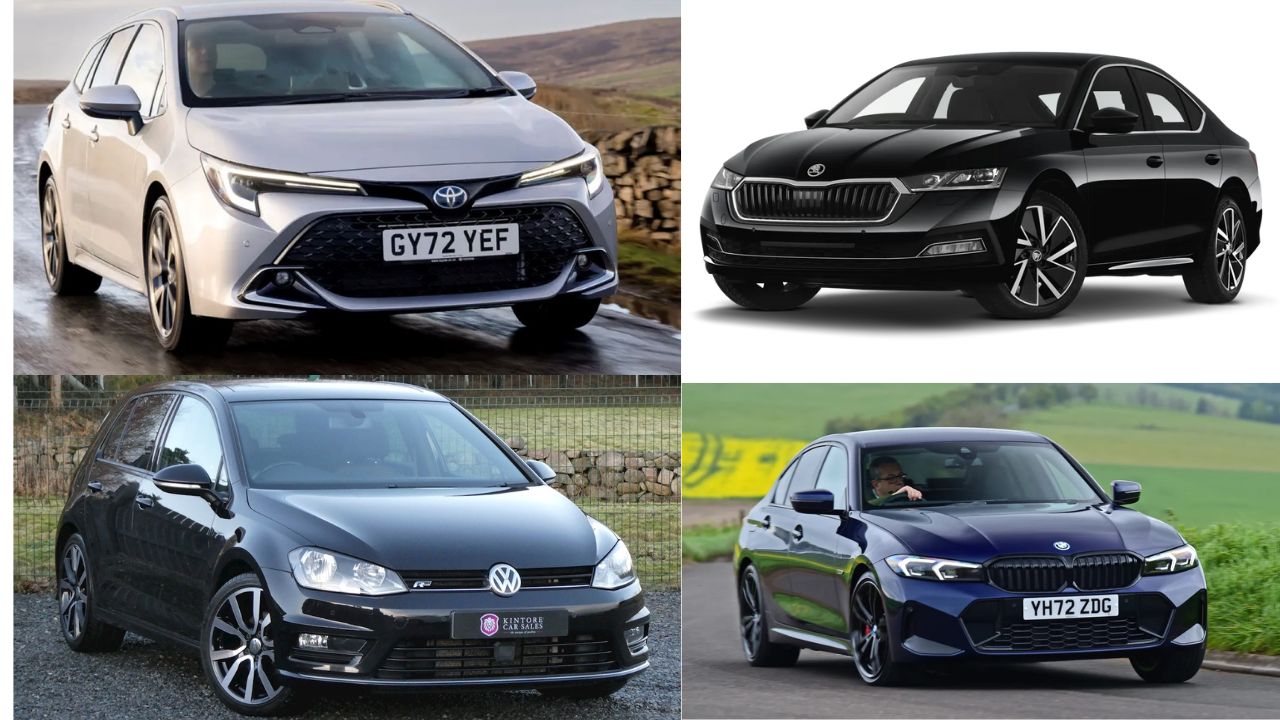When evaluating fuel efficiency, the metric we rely on is miles per gallon (MPG), which represents the distance a car can travel on a single gallon of fuel (about 4.5 liters).
This MPG range can vary widely, from as little as 11 miles per gallon to impressively high numbers, which you’ll discover below.
Generally, diesel vehicles tend to surpass petrol cars in fuel economy because diesel engines consume fuel more sparingly.
Most British buyers today, however, favor petrol and hybrid cars, so we’ll cover the top-performing models from both types, starting with petrol options.
It’s essential to note that a car’s fuel efficiency can vary depending on the driver, as individual driving styles differ.
Imagine a racing driver with a heavier foot compared to a cautious, slower driver—but even this isn’t always predictable.
To keep comparisons fair, the fuel efficiency ratings here are based on official averages provided by the Worldwide Harmonised Light Vehicles Test Procedure (WLTP).
So, let’s look at 10 of the most fuel-efficient cars currently available.
BMW 330e – 217.3 MPG
Proof that an economical hybrid doesn’t have to be boring, the BMW 330e combines a 2.0-liter petrol engine with an electric motor for quick acceleration and excellent fuel economy.
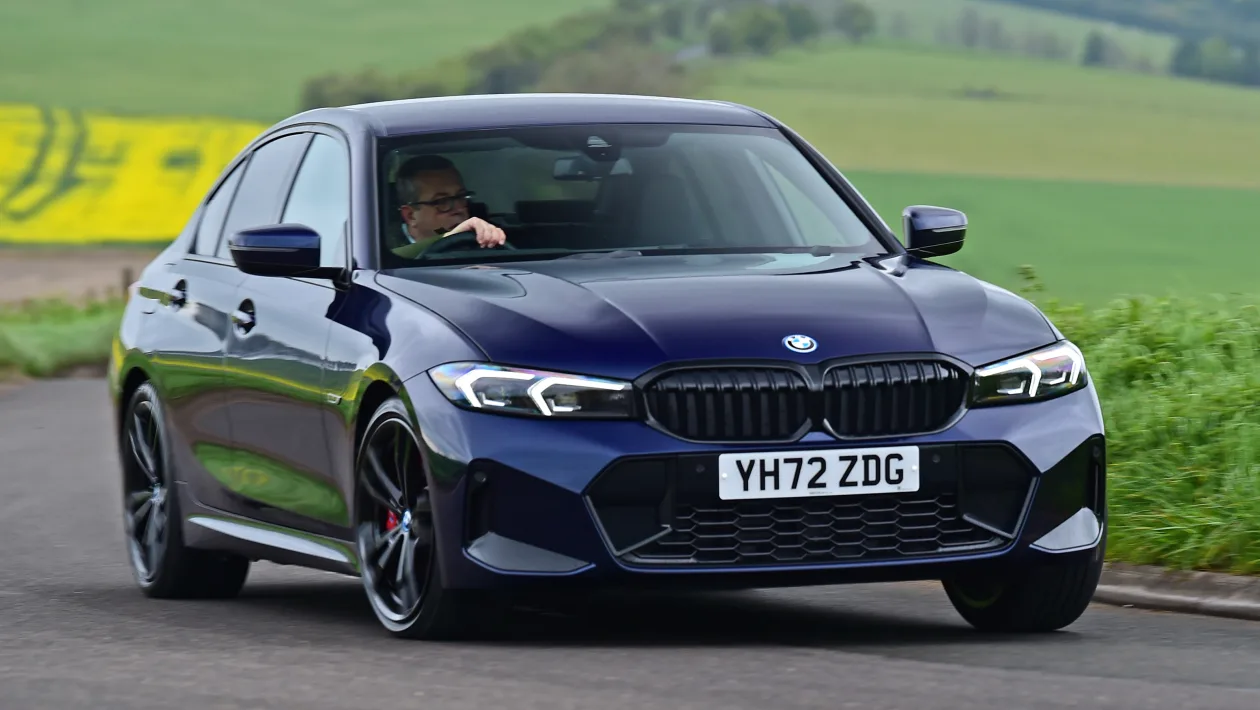
Sam, our motoring editor, explains: “The 330e plug-in hybrid is the BMW 3 Series that tends to get all the attention, thanks to its ability to run on pure-electric power for around 30 miles and return well over 100 miles to the gallon (on paper).”
Like other BMW 3 Series models, the interior is luxurious and technologically advanced, and you can find great deals on pre-owned BMWs.
Toyota Prius – 67.0 MPG
Toyota offers the Prius in both self-charging and plug-in hybrid versions, with the plug-in achieving an impressive 235.4 MPG, provided the battery is regularly charged.
The self-charging Prius doesn’t require plugging in and has a lower used market price, achieving close to 70 MPG per Toyota’s data.
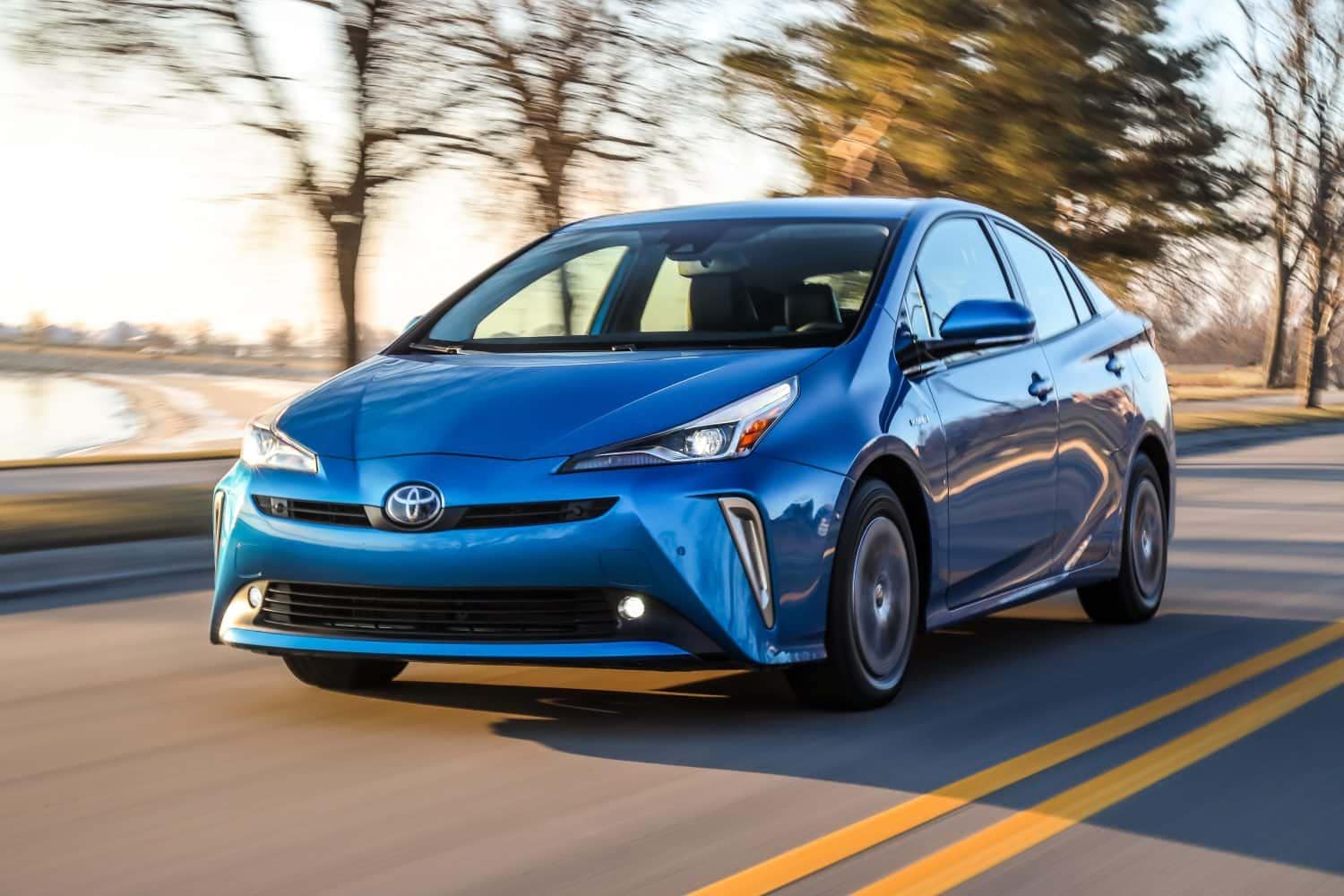
The plug-in version can also operate on electric-only power over short distances. Toyota, as always, ensures high-quality interiors in the Prius.
Sam remarks: “When you take a taxi, there’s a good chance it will be a Toyota Prius. There are good reasons for that – the Prius is extremely reliable and cheap to run.”
Suzuki Swift – 64.0 MPG
All current versions of the Suzuki Swift come with the ‘Boosterjet’ hybrid engine, a mild hybrid that relieves some electrical load on the petrol engine.
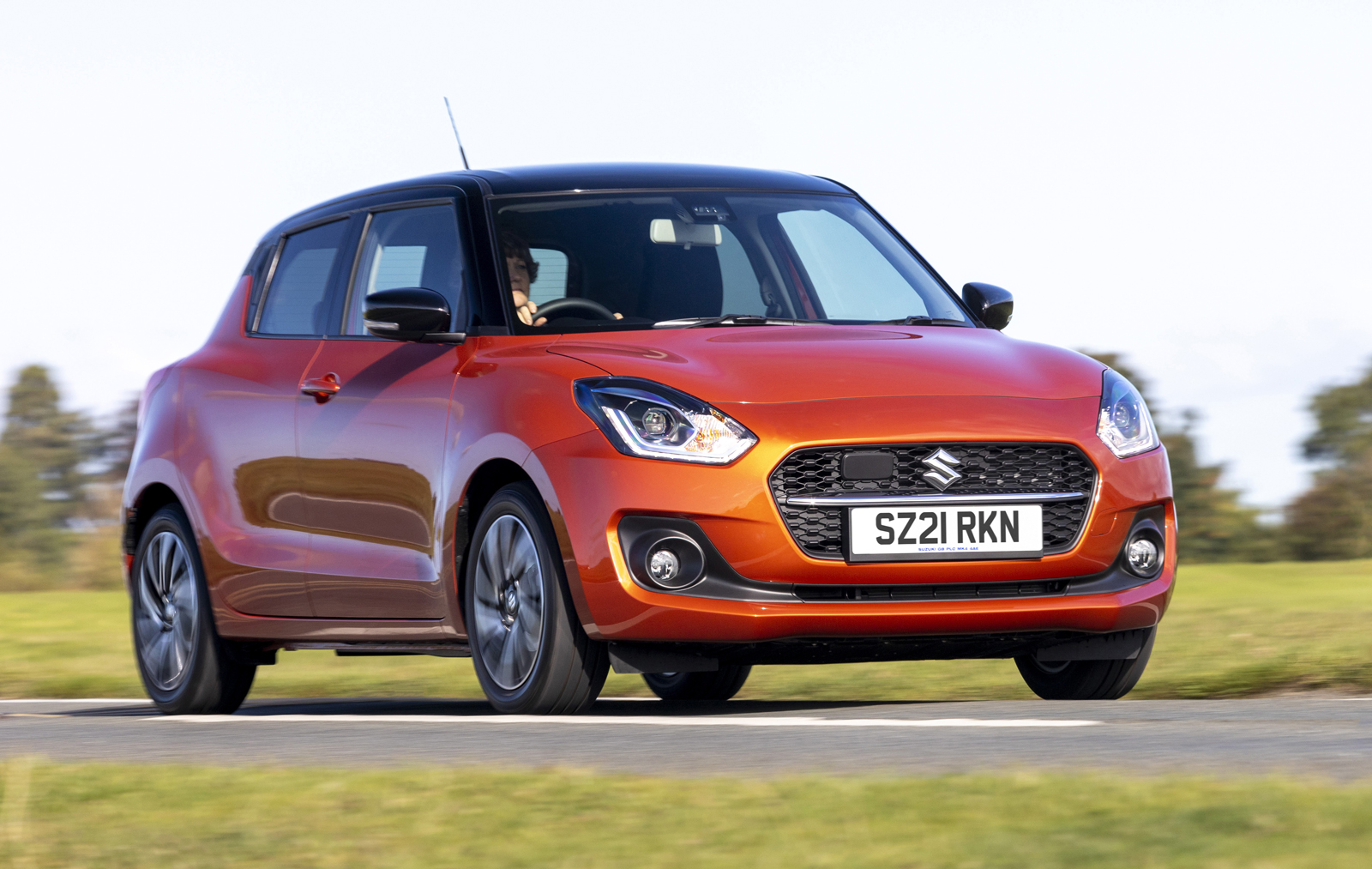
This “mild” hybrid setup means it can’t operate solely on electric power, but it still improves fuel economy and gives extra power during acceleration.
Toyota Corolla Touring Sports – 63.8 MPG
The Toyota Corolla returned to the UK market recently, featuring upgraded hybrid technology.
This estate model, as well as the hatchback, offers a smooth ride with well-tuned suspension.
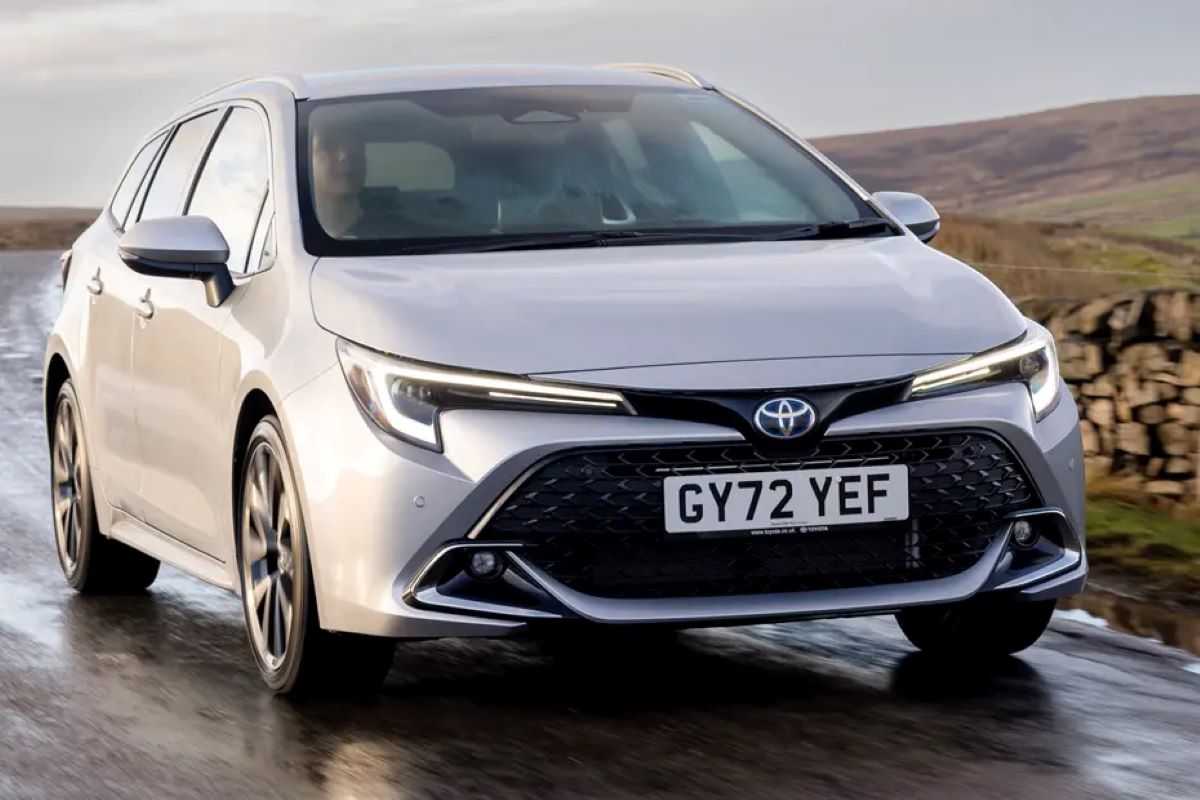
Every version comes well-equipped with two petrol-hybrid engines available, a 1.8-liter and a 2.0-liter, achieving up to 63.8 MPG.
Hyundai IONIQ – 60.0 MPG
Similar to the Prius, the Hyundai IONIQ is available as a self-charging hybrid, though the plug-in hybrid version is a better used-car value.
The IONIQ combines a 1.6-liter petrol engine with an electric motor, offering up to 39 miles of electric range on a single charge.
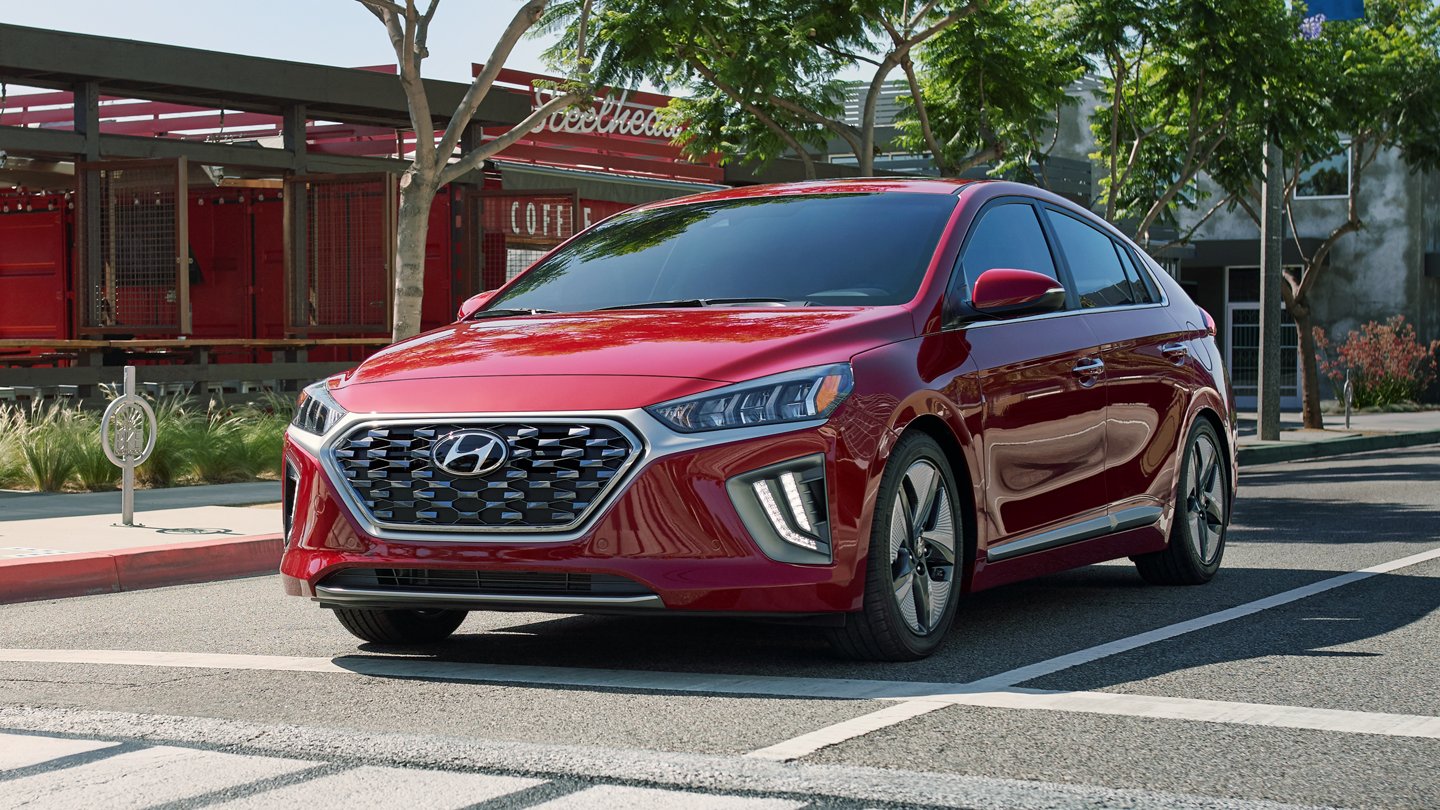
Sam appreciates its affordability: “It’s not just the lower fuel bills; the car will feature cheaper insurance and maintenance bills too.”
With ample standard equipment, a spacious boot, and competitive fuel efficiency, it’s a practical option.
Mercedes-Benz E300 de – 217.3 MPG
A surprising entry, the Mercedes-Benz E300 de is a plug-in hybrid diesel boasting an exceptionally high official fuel economy.
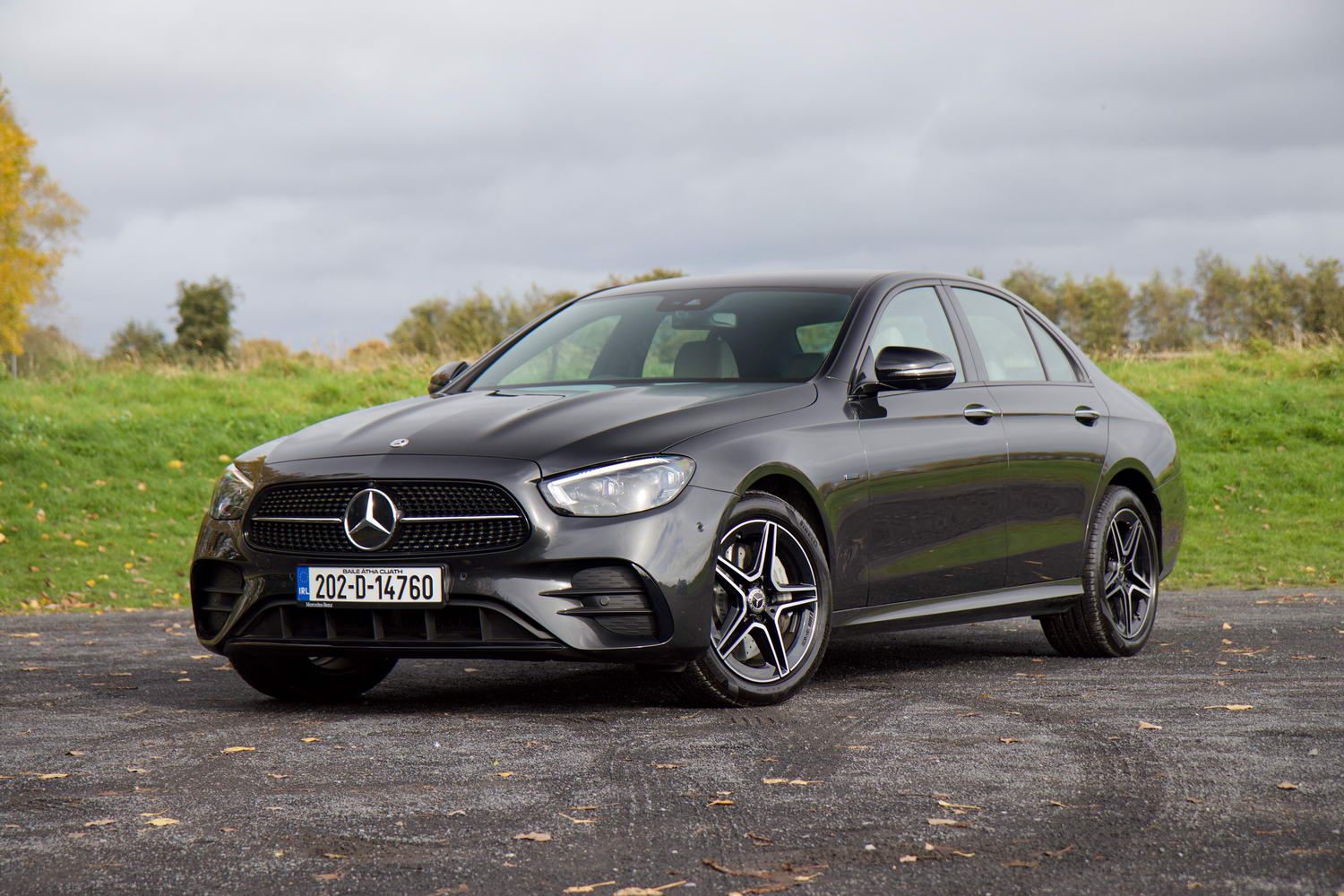
Keeping the battery charged is crucial to achieve this efficiency, with a full charge offering 33 miles of electric-only range, ideal for urban driving.
Peugeot 208 1.5 Blue HDi – 71.4 MPG
Released in 2019, the Peugeot 208 diesel hybrid is among the sleekest superminis.
With a 1.5-liter diesel engine, it achieves over 70 MPG and includes a stylish five-door design with LED lights.
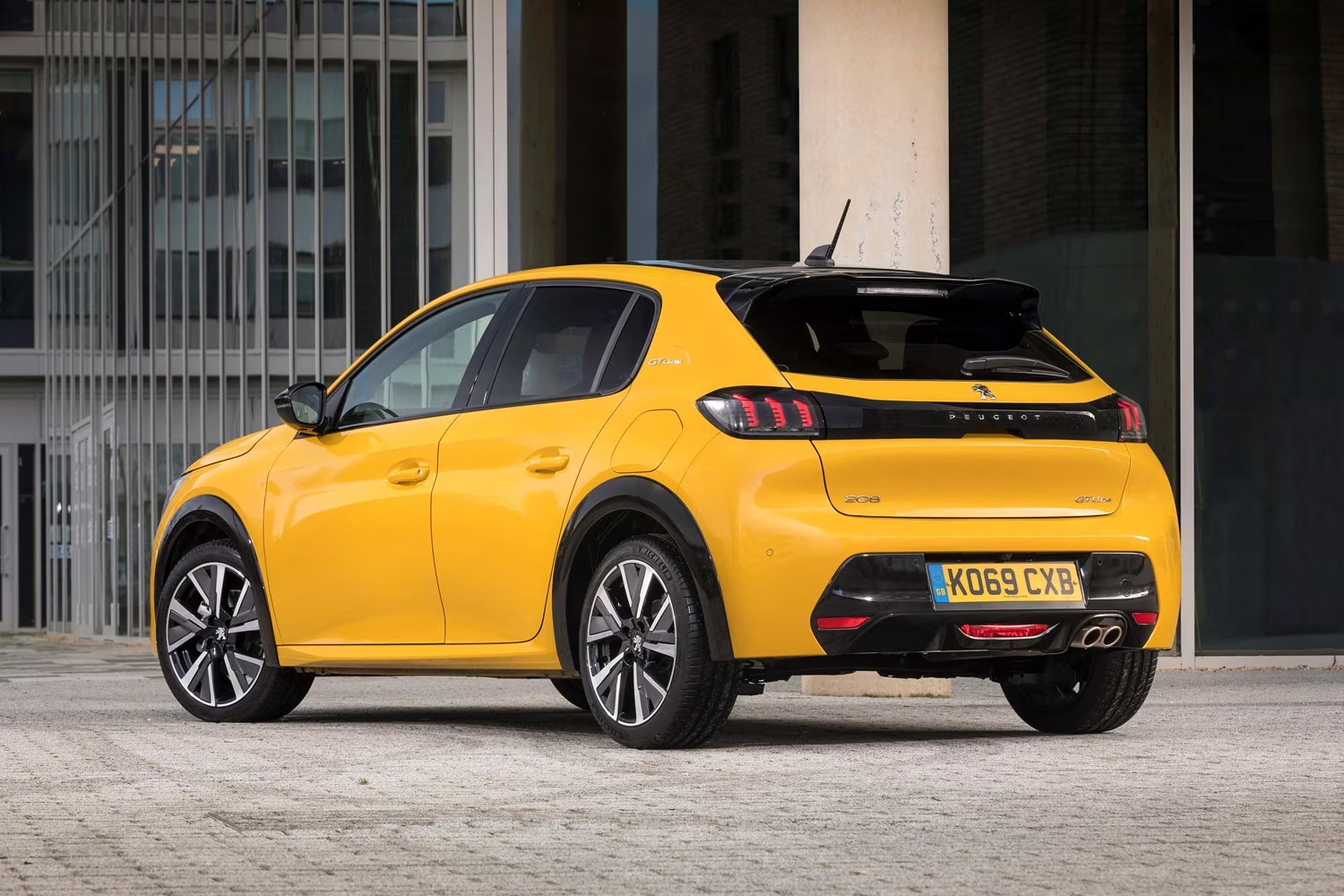
Inside, it features a unique dashboard layout where the driver views instruments over the steering wheel.
Vauxhall Corsa 1.5 Turbo D – 70.6 MPG
The Corsa, resembling the Peugeot due to their shared parent company, Stellantis, has similar underlying mechanics, including the same engine, contributing to its comparable fuel economy.
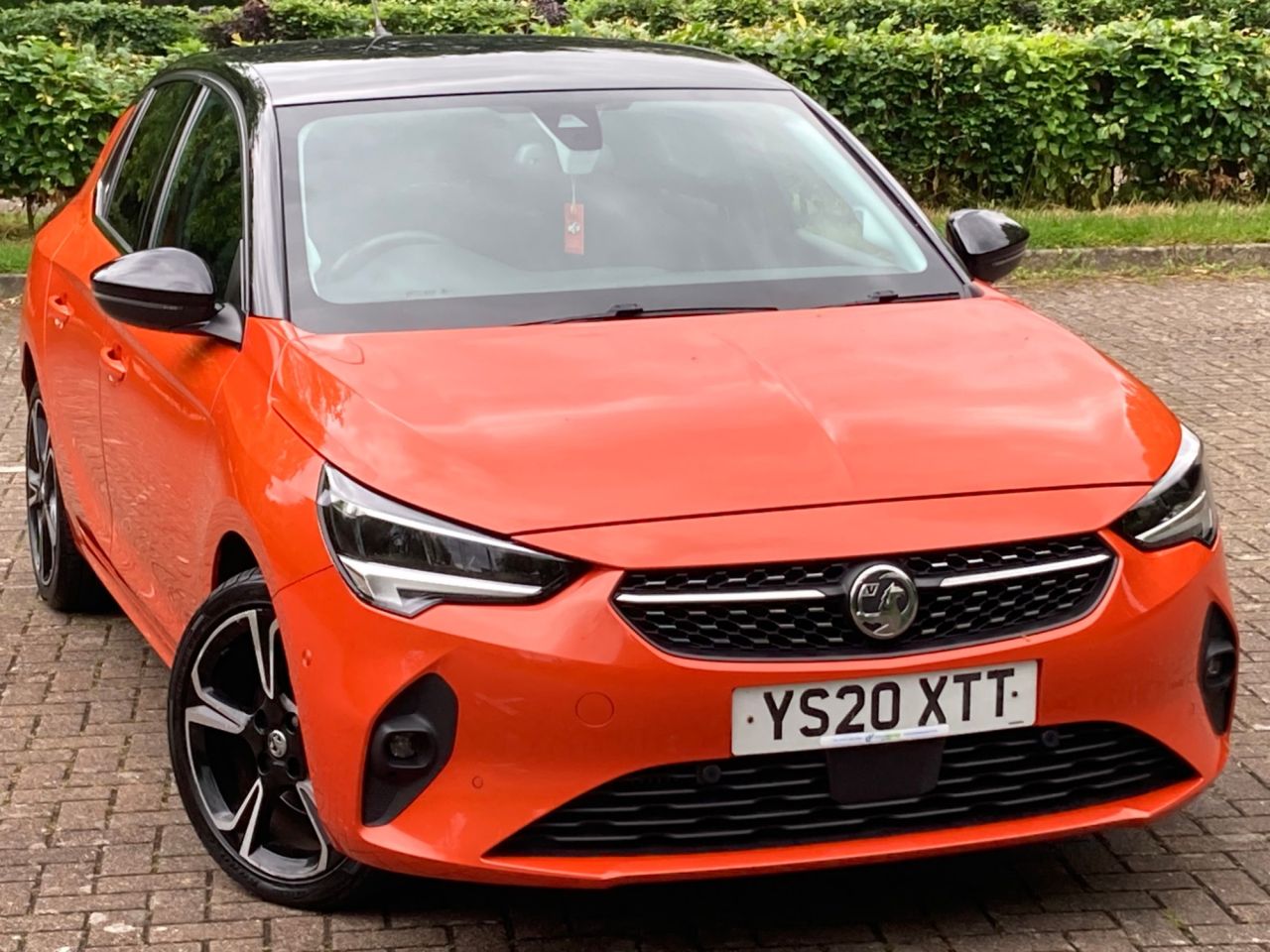
Skoda Octavia 2.0 TDI SE – 68.9 MPG
The Octavia is a popular family car known for its spaciousness and strong fuel economy.
This model includes a 150hp 2.0-liter TDI engine with ample torque, ideal for maintaining top gear on motorways.
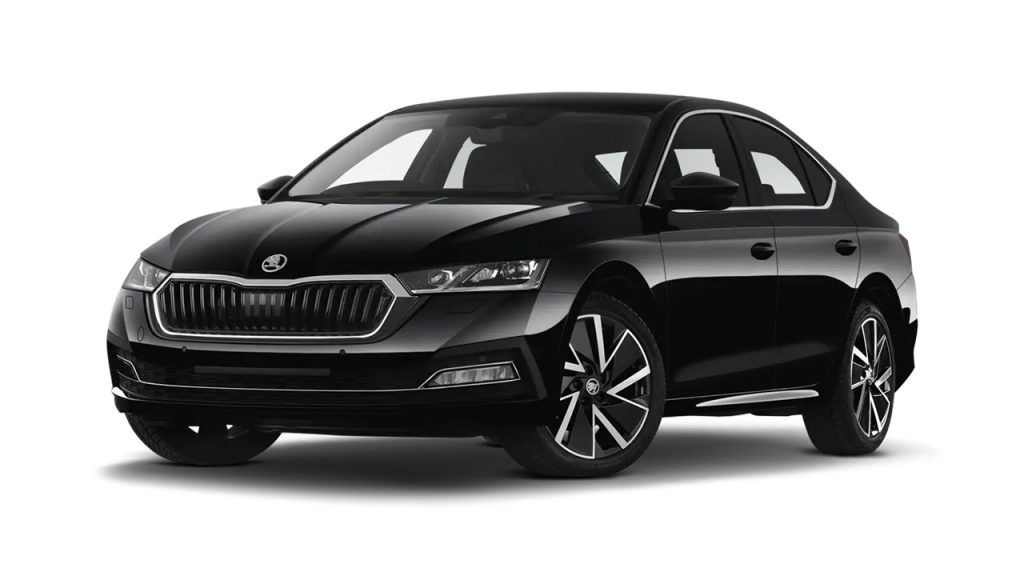
Sam notes, “You get incredible fuel economy and class-leading reliability. All at a price that doesn’t worry your bank account too much.”
Volkswagen Golf 2.0 TDI – 68.9 MPG
Built on the same platform as the Skoda, the Volkswagen Golf offers the same 150hp diesel engine and six-speed manual transmission.
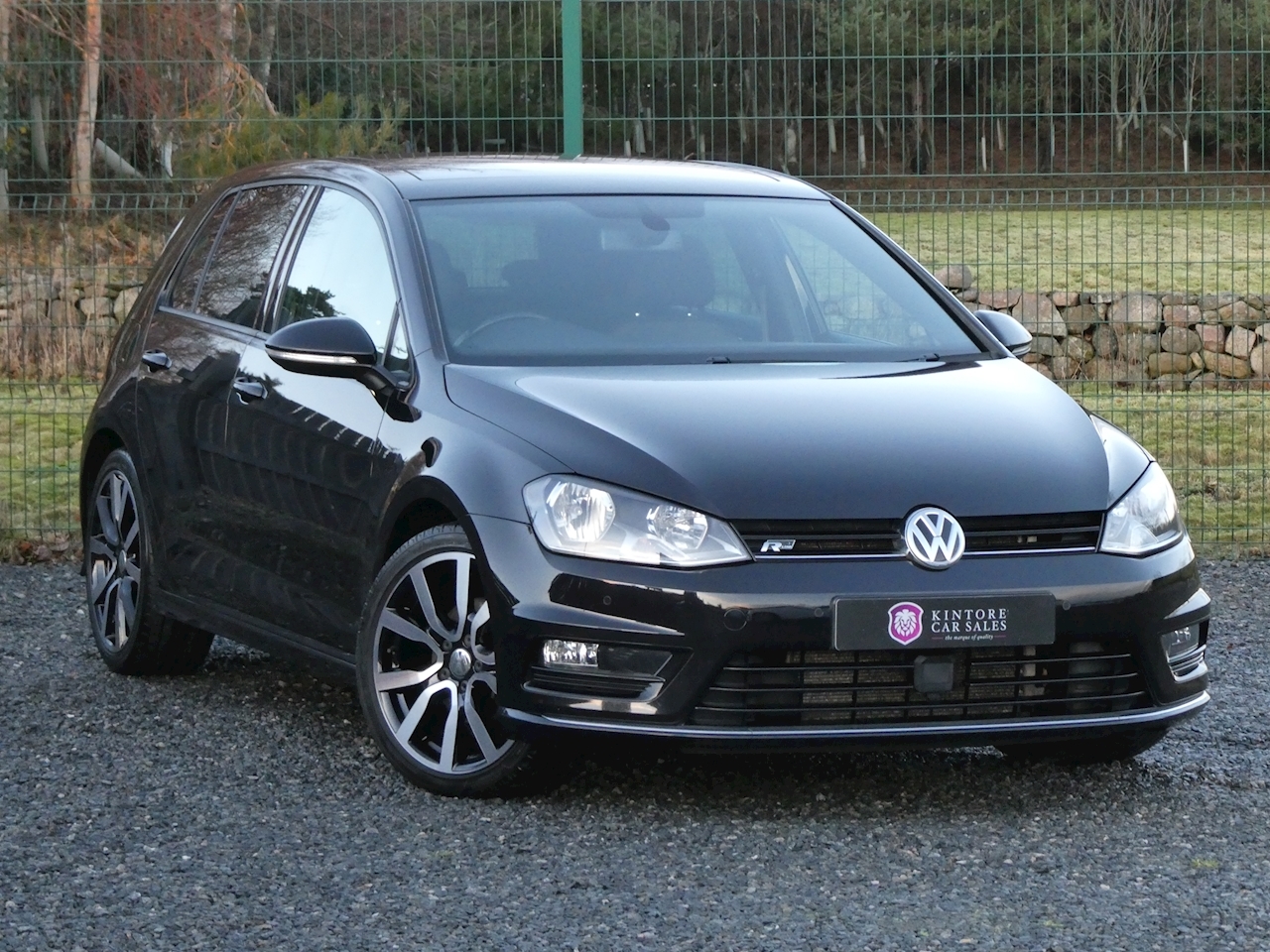
It’s slightly less roomy than the Octavia but features a more premium feel, with digital instruments on many models and a large infotainment screen. Used Golfs are also widely available at good prices.
Tips for Fuel Efficiency
When choosing your next car, opting for a fuel-efficient model saves on fuel costs and benefits the environment.
Hybrid-assisted petrol engines and some newer diesel engines tend to be most efficient, especially for long trips, but modern petrol engines also offer impressive fuel economy thanks to turbocharging and hybrid technology.
Driving Habits to Save Fuel
Adjusting your driving habits can also improve fuel efficiency.
1. Turn off your A/C:
Air conditioning consumes extra fuel since it draws power from the engine.
2. Drive Smoothly:
Maintaining a consistent speed and keeping revs steady, especially on highways, optimizes fuel economy.
3. Walk for Short Trips:
For brief journeys, walking can be more efficient, as short drives don’t give your engine enough time to warm up, which means less efficient fuel use.

